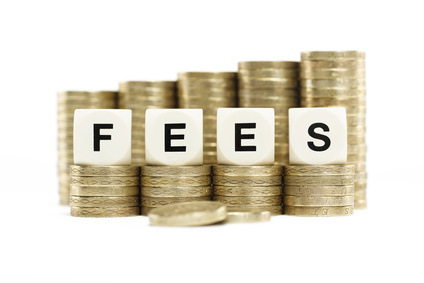
Most people use banks and credit cards these days, but the fees associated with the accounts can be brutal. There are many ways you can help minimize these unnecessary fees, though. This is Part 2 of our ways to save on bank fees.
Shop around
Just as with any other product or service, you need to shop around to get the best deal for your bank account or credit card. Make sure you read the terms and conditions completely and that you are fully aware of all the possible charges. Sometimes a credit card will waive fees for the first year, but the fine print will alert you to an annual fee for subsequent years. Banks may provide a variety of account types, each of which offers different features or disadvantages. Take time to understand the benefits of each one before deciding to open a new account.
Call your current credit card company
If you already have a credit card, you might want to call your company to negotiate a reduction in the interest rate. Oftentimes a credit company will reduce your rate if you have a good payment history. This can reduce the overall amount you are paying in interest every month.
Pay bills on time
Paying your bills on time will allow you to save money, not only on late fees but also on interest. Whenever possible, use direct debit options to pay your bills on time and avoid these unnecessary charges. To further reduce interest payments, making extra payments, even small ones, can pay down your principal balance faster. Utilize mobile apps to remind you of payment due dates.
Use your own bank’s ATM
Using your bank’s ATM will save you money on fees related to using ATMs elsewhere. Many ATMs located in stores and bars will charge $2 to $5 each, in addition to your bank charging you for the convenience of using another bank’s ATM. As often as possible, use your debit card only at ATMs that are owned by your own bank. Avoid using cash advance options from your credit card to avoid paying fees and expensive interest rates.
Avoid using checks
As much as possible, use direct transfer online or use your credit or debit cards instead of checks. Many banks now charge transaction fees for handling paper checks. This will also eliminate the need to purchase new checkbooks in the future and minimize postage costs associated with mailing checks to companies for bill payments.
There are plenty of ways for you to save money on your banking and credit card fees. The most important thing is to make sure you know all possible fees associated with your accounts and reduce the frequency with which you are charged.

0 responses so far ↓
There are no comments yet...Kick things off by filling out the form below.
Leave a Comment